Douala, 25 March, 2022 / 4:54 pm (ACI Africa).
The Pygmies who inhabit the edges of the Atlantic Ocean in the Central African nation of Cameroon have lived under canopies of trees for the many years that Fr. Innocent Akum Wefon has known them.
But last year when the member of the Mill Hill Missionaries (MHM) serving in Cameroon’s Catholic Archdiocese of Douala visited the little people, he found them living in simple huts outside the tropical rainforest.
Pygmies who are said to have lived in Cameroon for approximately 5,000 years and have been shown to be one of the oldest inhabitants of Africa are being forced outside their natural homes and simple ways of lives amid heavy logging, Fr. Innocent told ACI Africa in a past interview.
The Cameroonian Priest who advocates for environmental conservation said that forced to live in unfamiliar territories, the Pygmies of Kribi, a town and port located in Southwestern Cameroon, have resorted to heavy drinking.
“The Pygmies have been known to live off forests. Their lives revolve around forests since it is from there that they get their food and live. But with the heavy cutting down of trees, the Pygmies have been deprived of their livelihoods,” Fr. Innocent told ACI Africa during the March 17 interview.



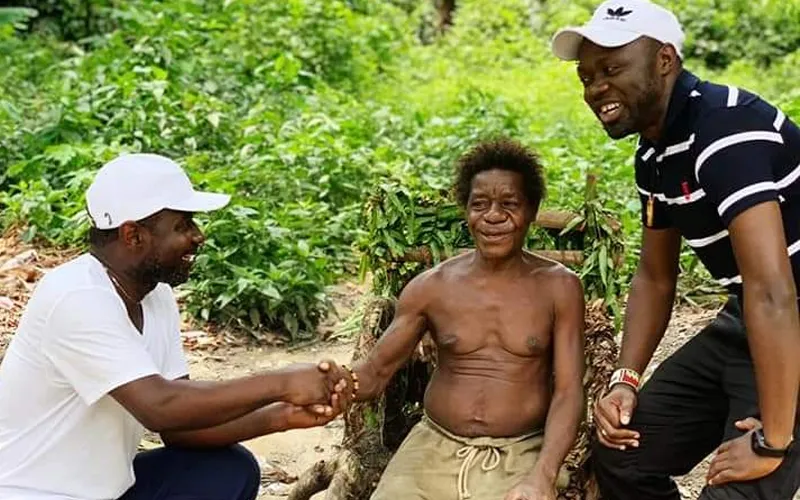
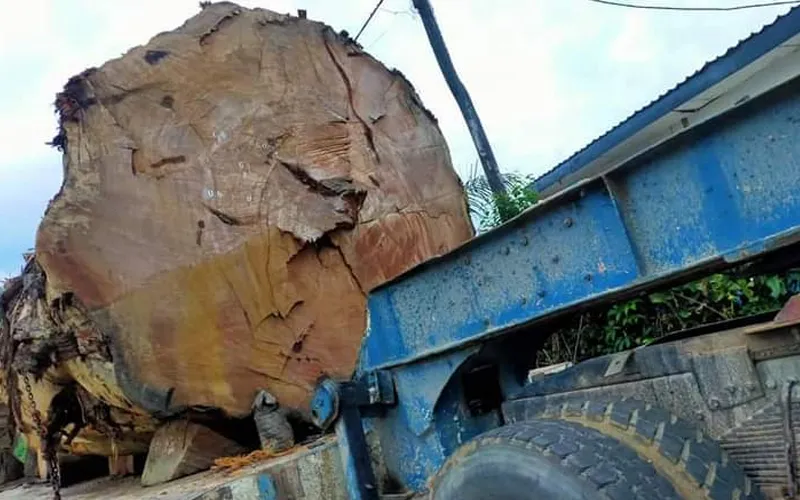 Credit: Fr. Innocent Akum Wefon
Credit: Fr. Innocent Akum Wefon
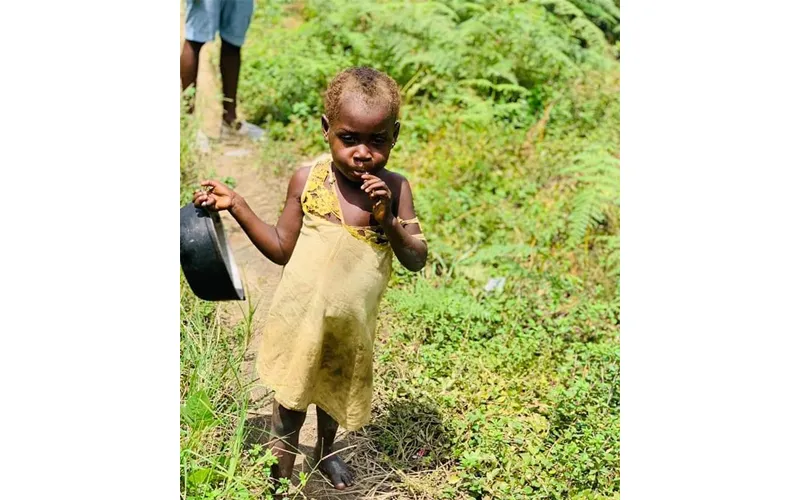 Credit: Fr. Innocent Akum Wefon
Credit: Fr. Innocent Akum Wefon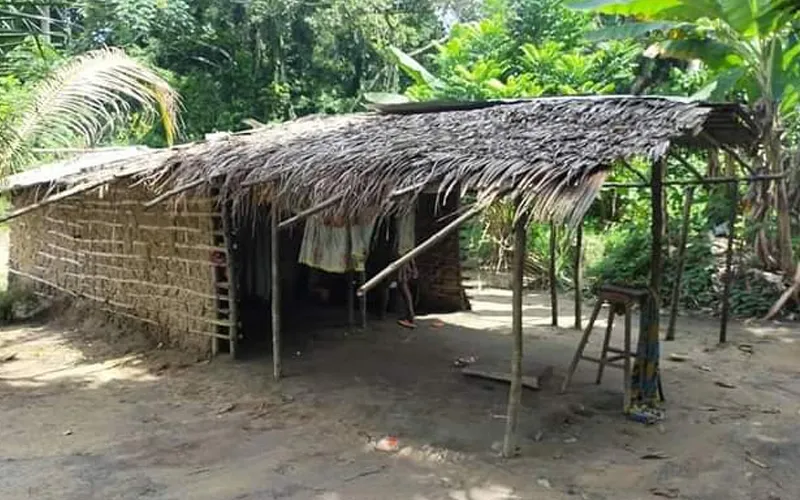 Credit: Fr. Innocent Akum Wefon
Credit: Fr. Innocent Akum Wefon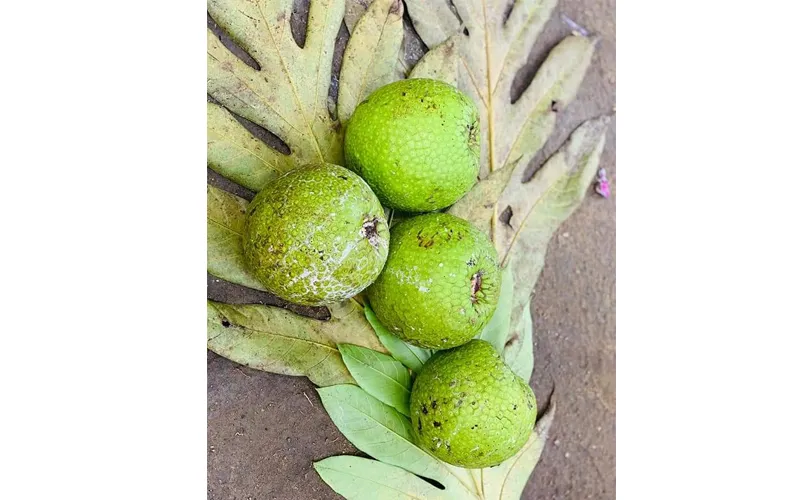 Credit: Fr. Innocent Akum Wefon
Credit: Fr. Innocent Akum Wefon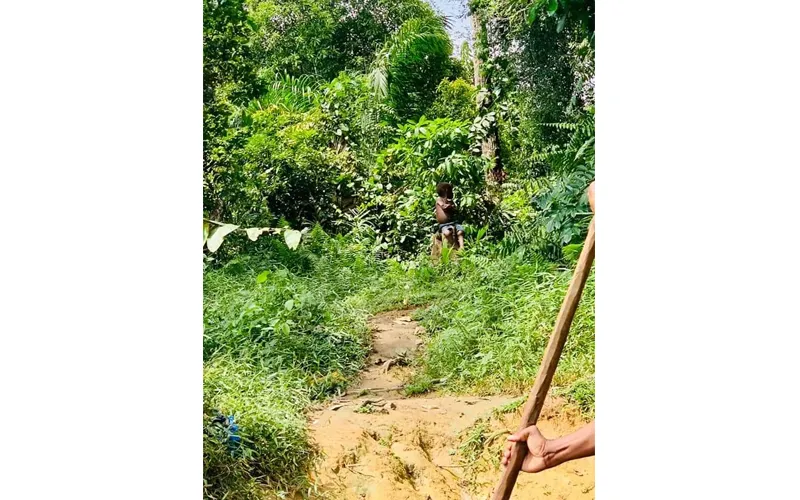 Credit: Fr. Innocent Akum Wefon
Credit: Fr. Innocent Akum Wefon


